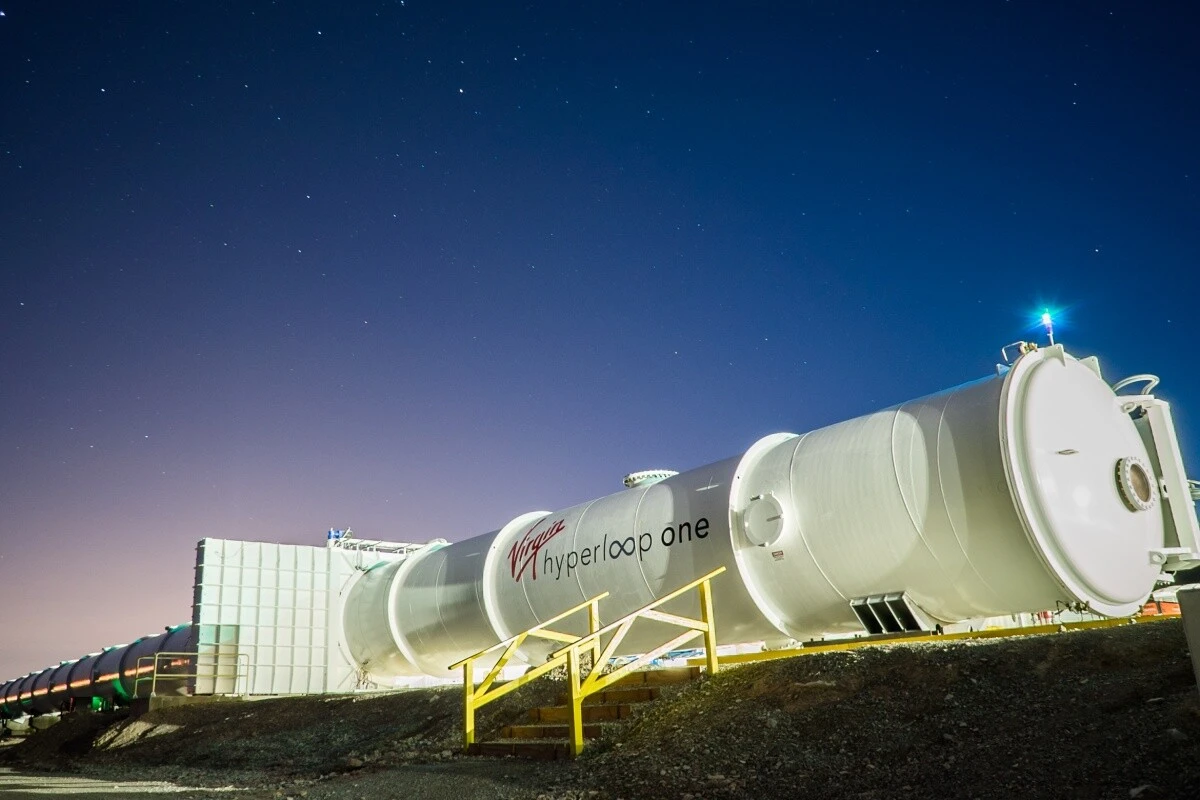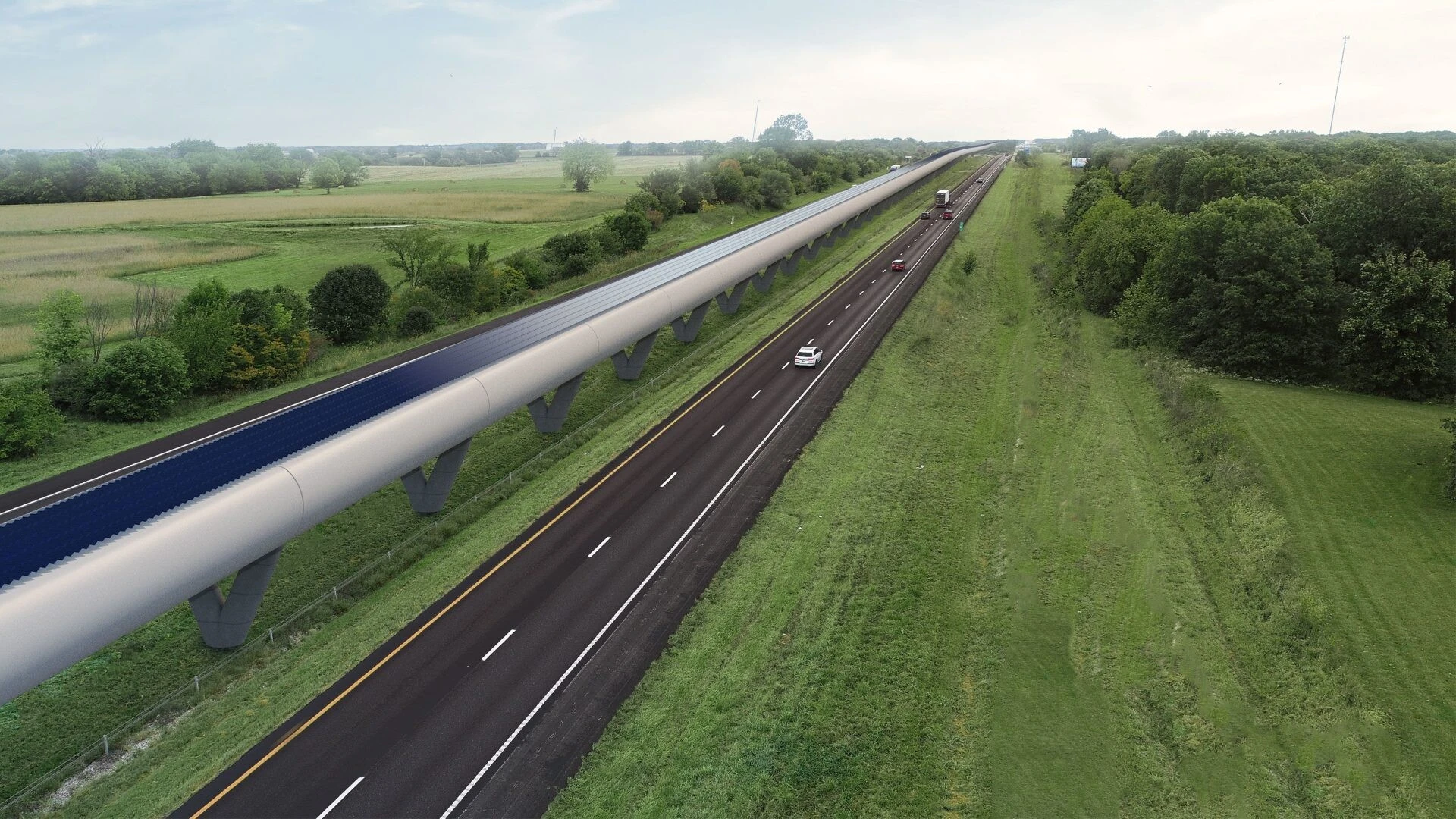Missouri is transporting itself into the future with its plan to build a hyperloop track from Kansas City to St. Louis. This project could elevate Missouri to a mega-region and raise the state’s economy by creating 7,600-17,200 jobs for the duration of this project.
Project Development
The Missouri Hyperloop Coalition was founded January 30, 2018 and consists of the local company Black and Veatch, Virgin Hyperloop One, and others. The Coalition and the Virgin Hyperloop One produced a feasibility study last year to question if the proposed Hyperloop route would be a good fit along the I-70 highway. The study concluded that this project is feasible and members of the Coalition are currently considering the next steps. The train would carry an estimated 510,000 passengers a day and reduce transit time by 60%. The commute from Kansas City to St. Louis would only take a grand total of thirty minutes – a trip that presently takes about three and a half hours by car.
Moving Parts
How does it work? The tunnel encapsulates the track and has almost all the air sucked out to remove any friction from the tunnel. The train is powered by magnets that repel each other, causing the train to levitate over the track and push the train forward traveling at speeds up to 268 mph. Despite the daredevil speeds, these trains are considered to be the safest and most comfortable rapid transit system in the world.

Why Missouri?
Missouri is the perfect spot to place the Hyperloop. It is a centralized location that is generally flat. Members of the Hyperloop panel agree that once a 15-mile test track is built, Missouri will be the top contender for the full track. “It’s an opportunity that’s directly in front of us,” said Ryan Weber, president and CEO of the KC Tech Council and a member of the panel. “We could be first. And being first with a project like this could have significant long-term economic benefit for the state.”
Economic Impact
It is projected that the Hyperloop will bring around 17,200 jobs and produce about $3.7 billion in economic activity. Of course, there will be a large cost to accompany the development. It is estimated that the track will cost $30 million – $40 million per mile. As well as funding for research and development rounding off to $7-10 billion in total. The cost to consumers will ideally be less than a tank of gas from Kansas City to St. Louis. The Coalition and Virgin Hyperloop One hope to keep the price at a reasonable rate so the public can afford to use it.
Benefits
There are numerous other positives that will come from building the Hyperloop. Real estate values near portal locations would rise and accidents on highway I-70 would reduce by 50%. Another potential gain is in the freight industry. Manufacturers and farmers in Missouri would undoubtedly gain access to a quick and efficient rapid transport system. In the heat of the labor shortage in the logistics market, the Hyperloop would be an excellent opportunity to combat this shortage. Additionally, carbon dioxide emissions would reduce by 530,000 metric tons. If freight is calculated into the equation as well, this number could increase a great deal.
In less than a decade, Missouri could be the first state in the nation to develop a Hyperloop track. Not only will this be a win for scientific advancement, but this development will also generate thousands of jobs – in turn boosting the economy and status of Missouri.
